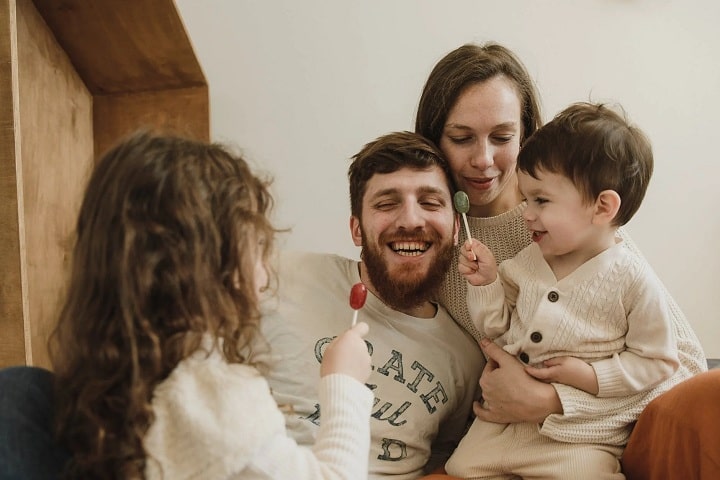Mental health is a huge concern. According to the World Health Organization, depression is a leading cause of disability worldwide. Mental health problems can start early in life and profoundly impact children and adolescents. There’re steps you can take as a parent to protect your child’s mental health. Here are a few.
Take Care Of Your Mental Health
A healthy parent means a healthy child. It would help if you took care of your mental health as well. Seek treatment if you struggle with depression, anxiety, or other mental health problems. Professionals at Alta Loma are licensed for mental conditions such as schizophrenia, personality disorders, and drug addiction.
Additionally, model healthy coping and problem-solving skills for your child. Let them know it’s okay to ask for help when they’re struggling.
Create a Healthy Home
Creating a healthy home environment is critical in safeguarding children’s mental health. Provide nutritious meals and opportunities for physical activity. Create rules and expectations that are reasonable and consistent.
Additionally, foster a positive relationship with your child. Spend time talking, playing, and listening to them. Create fun activities such as indoor games, outdoor activities, and family outings.
Encourage Positive Coping Skills
It’s also important to encourage positive coping skills. Help your child learn how to deal with stress in healthy ways. Teach them how to express their feelings and encourage them to stay active by engaging in activities they enjoy.
Also, help children develop a strong sense of self-identity and positive self-esteem. You might not always shield the children from certain calamities, but coping skills enable them to sail through the storms.
Talk About Mental Health
Make sure your child knows that it’s okay to talk about mental health. Normalize the conversation by positively talking about mental issues. Let your child know that there is no shame in having a mental health problem. Seek help if you are struggling to have these conversations. Some things to address during your conversations are:
- What is a mental health problem?
- How do people get mental health problems?
- What are some signs that someone might have a mental health problem?
- How can you get help if someone has a mental health problem?
Monitor Your Child’s Social Media Use
Social media has a profound impact on mental health. Be sure to monitor your child’s social media use. Keep track of websites they visit and the content they post. Set rules for how much time they can spend on social media. Talk to them about the impact of social media on mental health. Additionally, know their friends are and what they do together.
Monitor Your Child’s Behavior
Be aware of your child’s behavior. Look for signs of depression, anxiety, or other mental health problems. If you are concerned about your child’s mental health, talk to their doctor. They can provide you with resources and support. Some things that can indicate mental health problems are:
- Withdrawing from friends and activities
- Changes in eating habits
- Poor school performance
- Persistent sadness or irritability
- Excessive anger or violence
- Thoughts of death or suicide
Build A Supportive Community
It takes a village to raise a child; therefore, build a supportive community of family and friends. Ask for help when you need it, and lean on your community for guidance. Additionally, encourage your children to participate in community activities. Doing so can boost their self-esteem and social skills. Volunteer often and teach the children to assist others in need.
Encourage Open Communication
Encourage your children to talk to you about their thoughts and feelings. Let them know that you are there to listen and support them. Promote positive communication in your home by not judging, cutting off, or lecturing your child. Instead, try to understand their perspective and offer guidance.
Ask For Help When You Need It
Remember that it’s okay to ask for help when you need it. There are many resources available to you and your family. Most importantly, guide your mental health conversations with love, patience, and understanding.


















